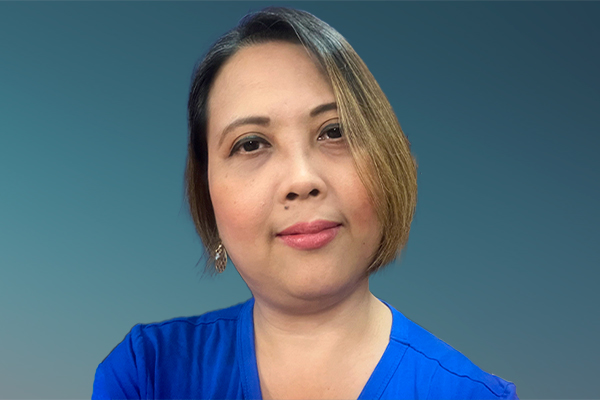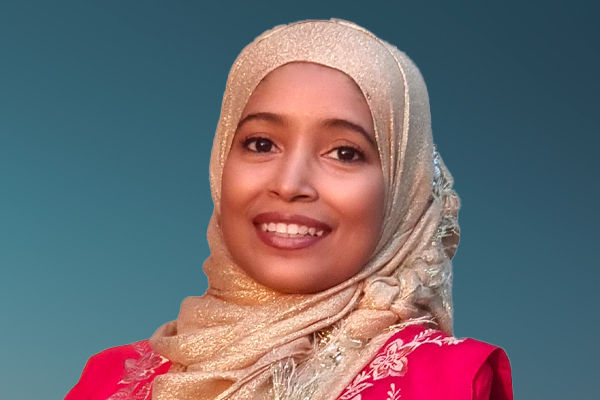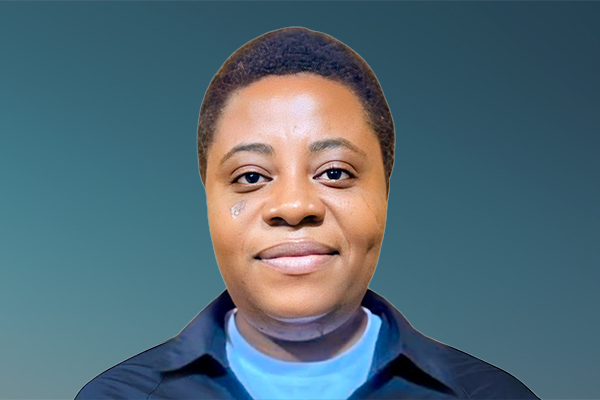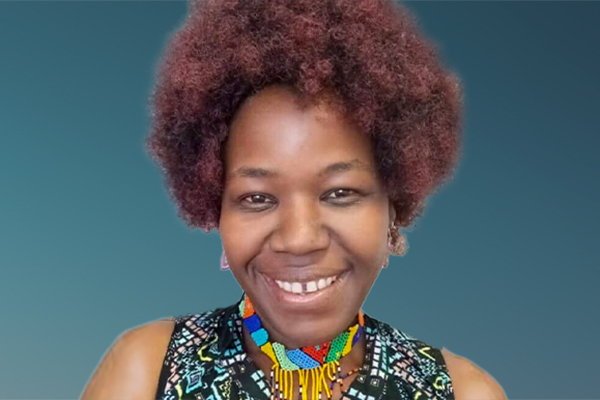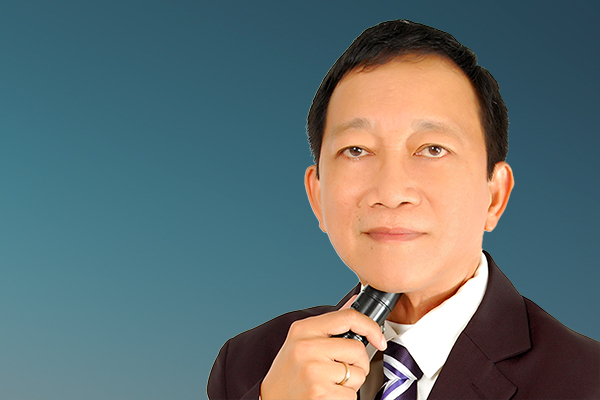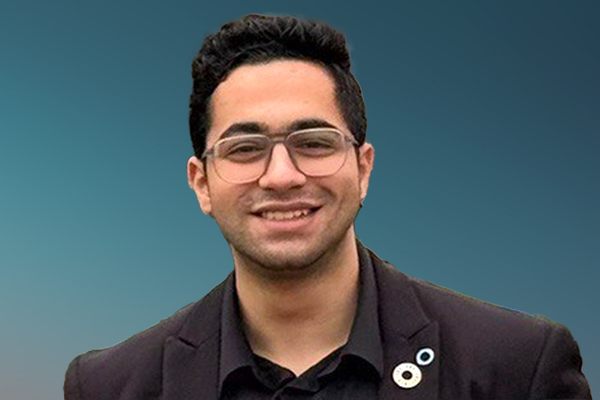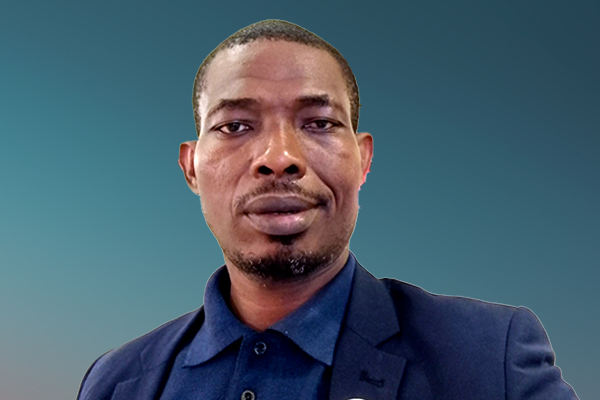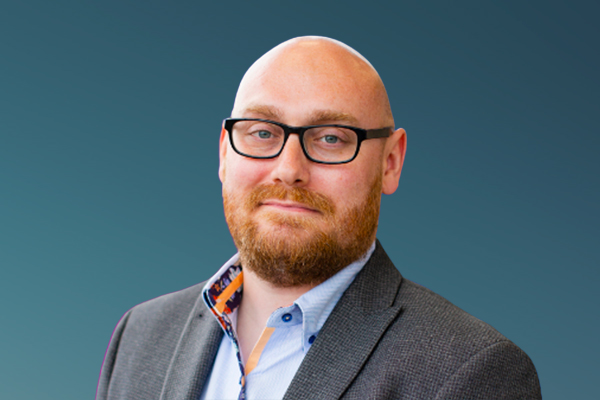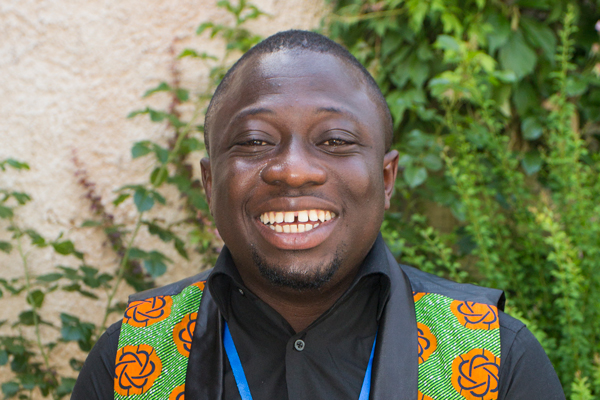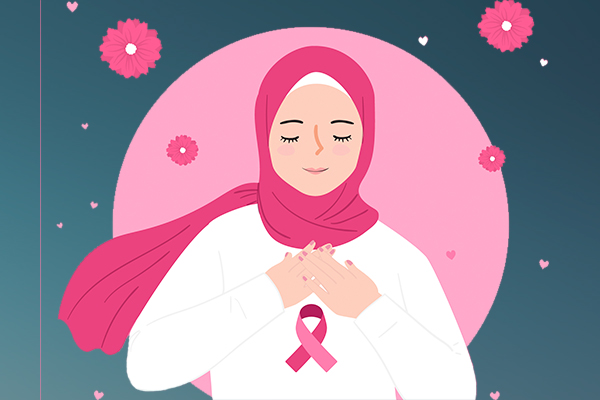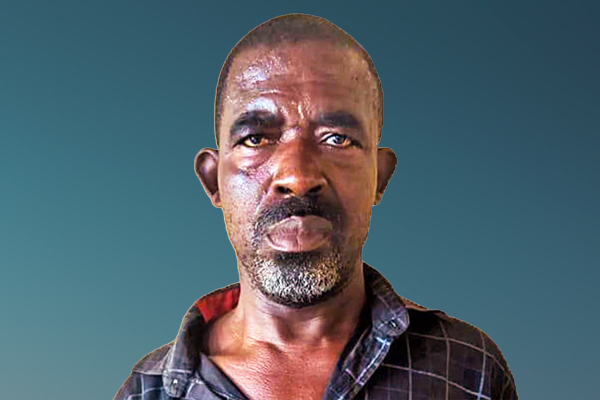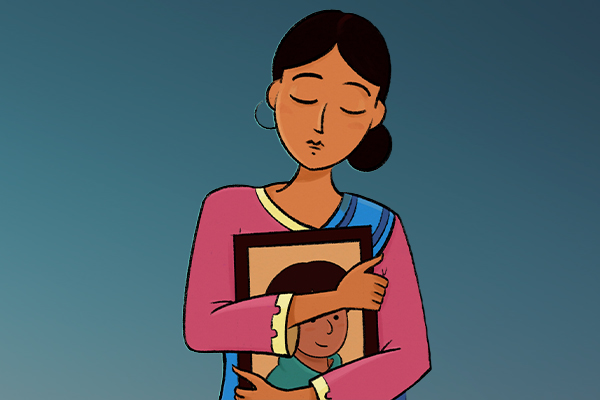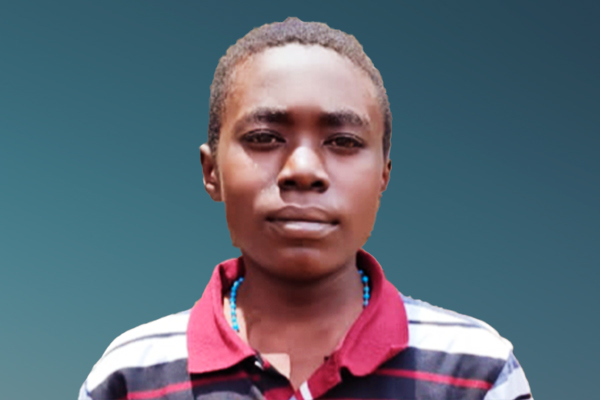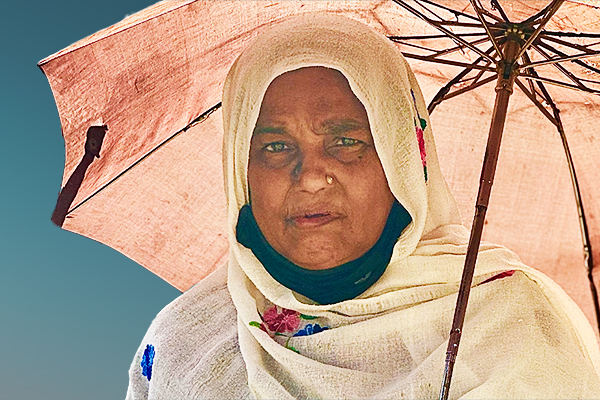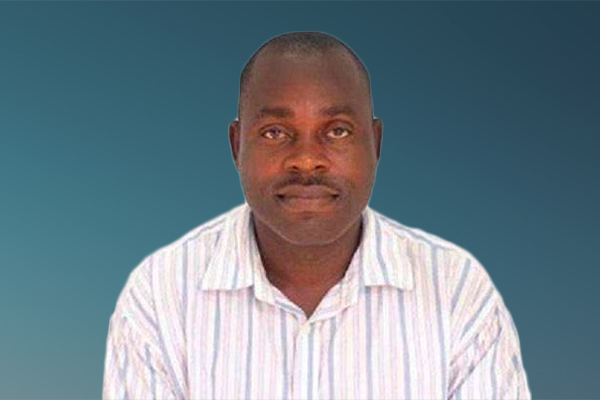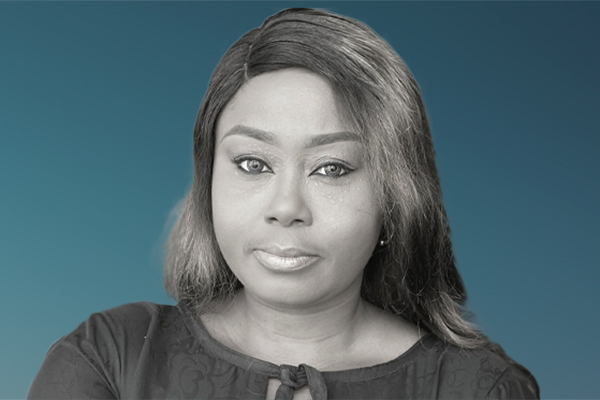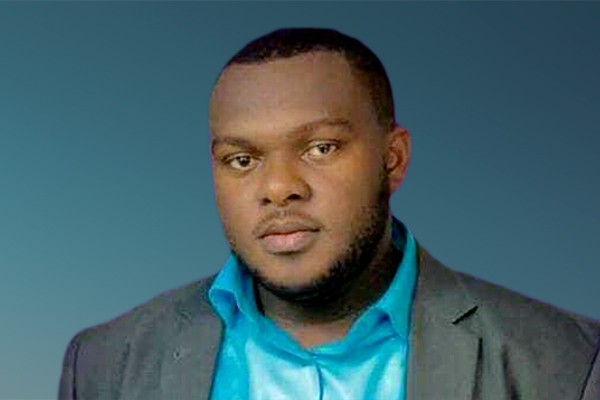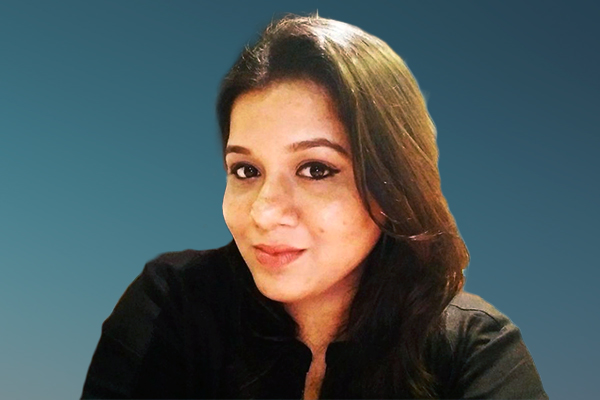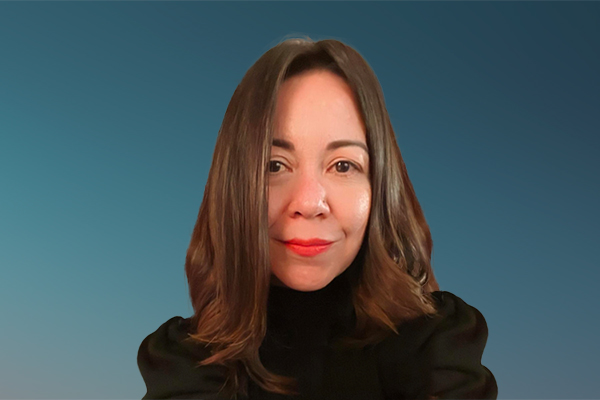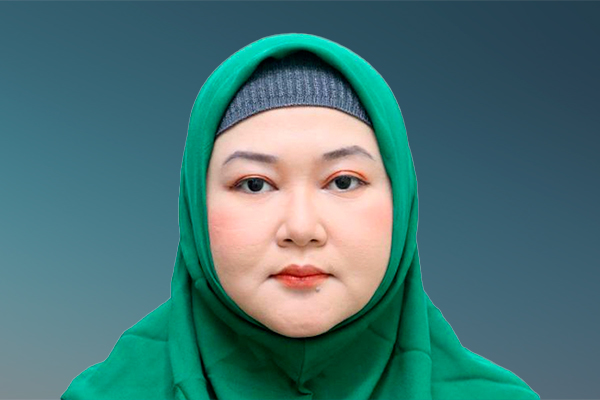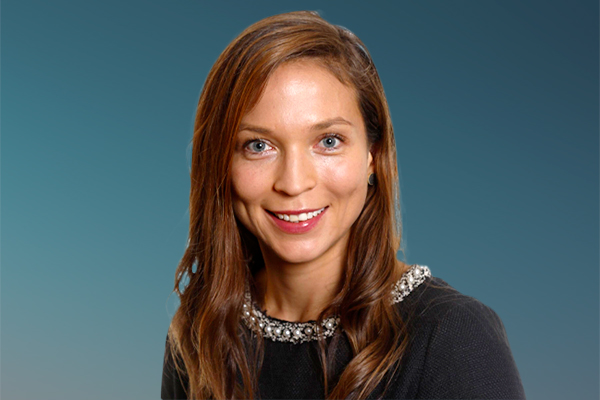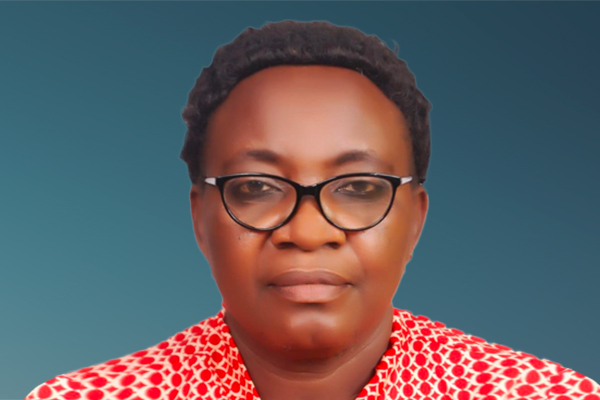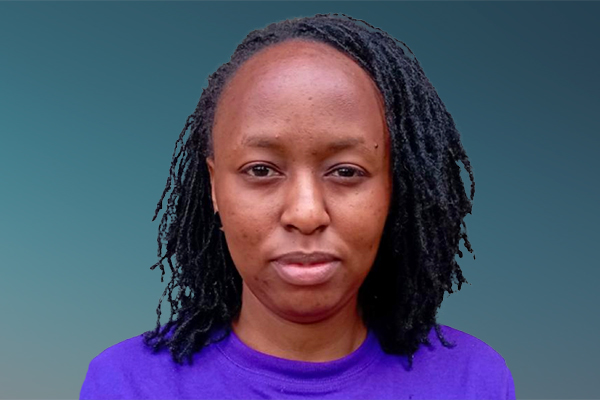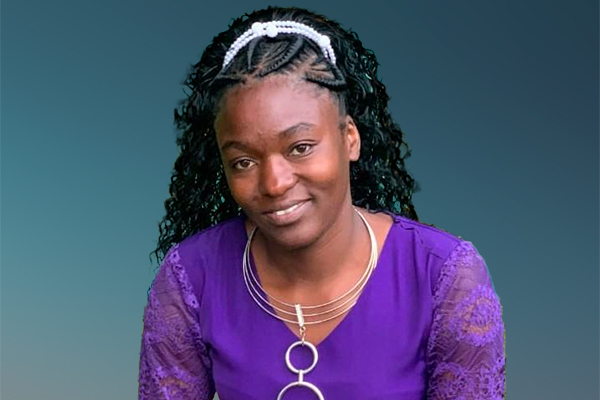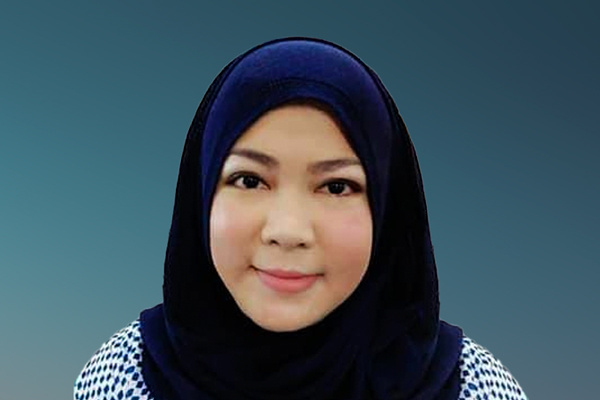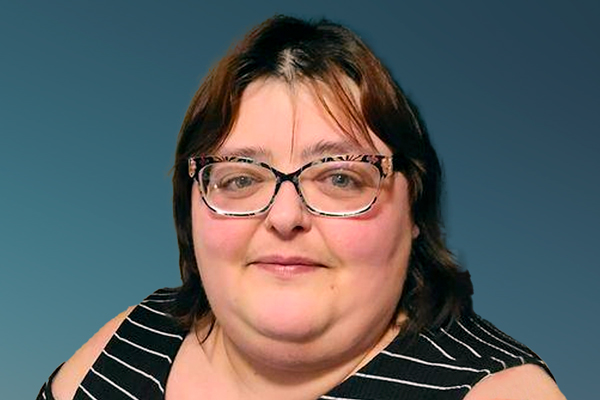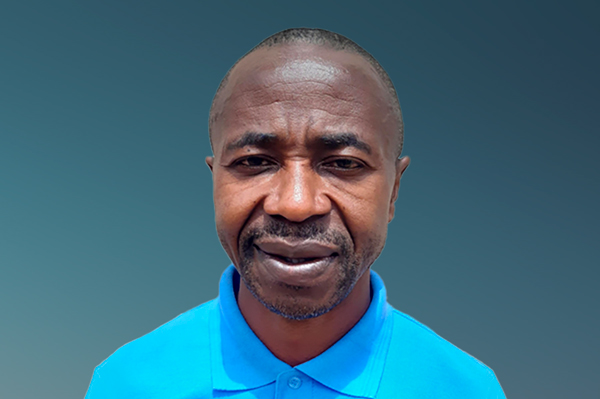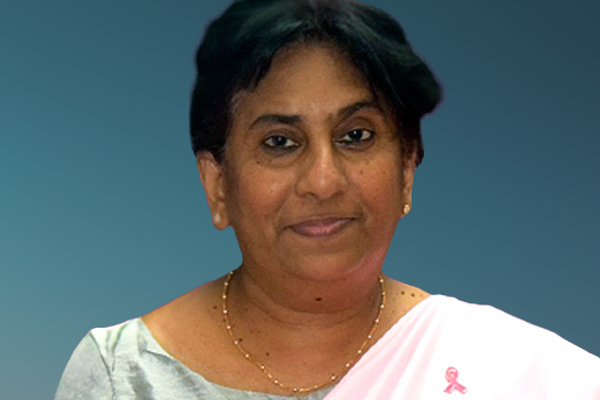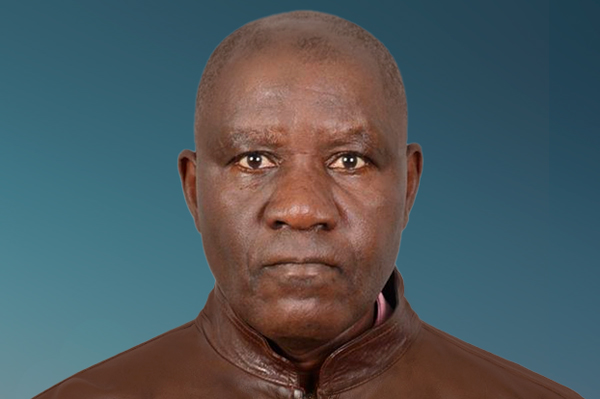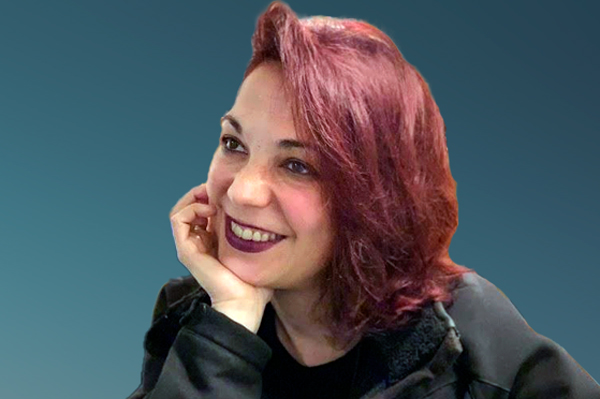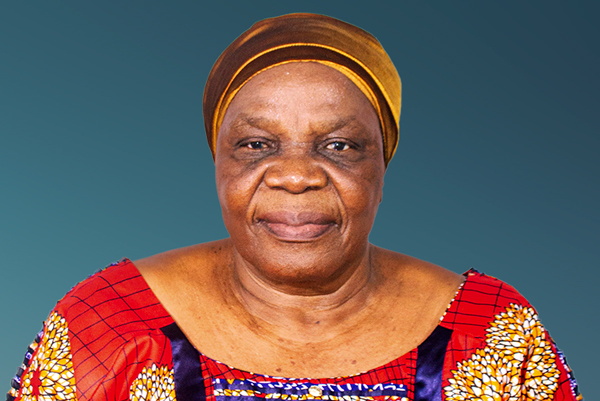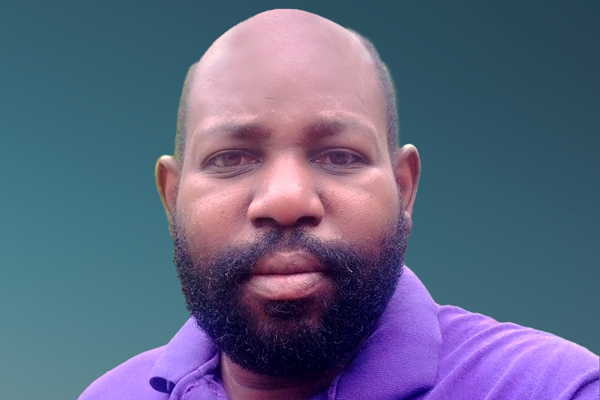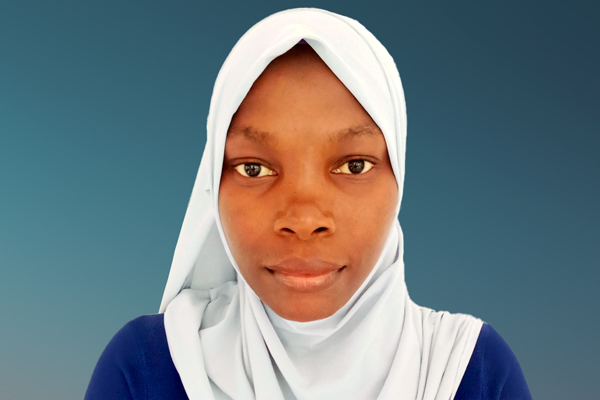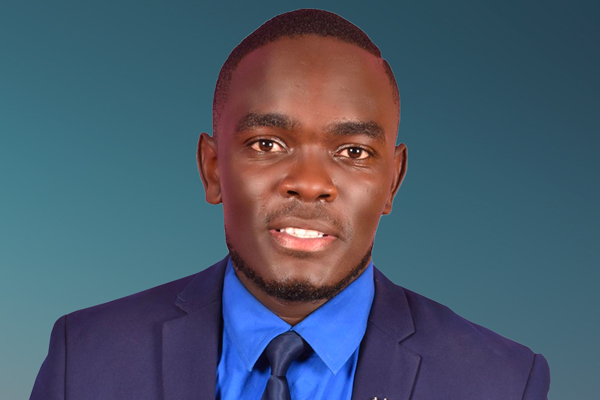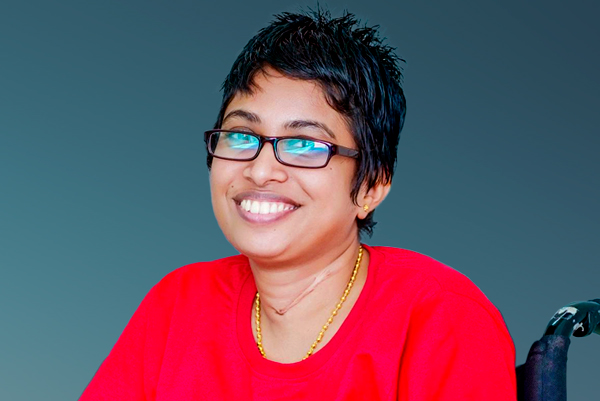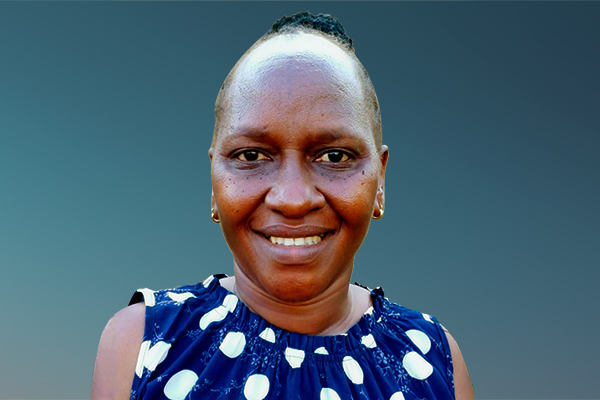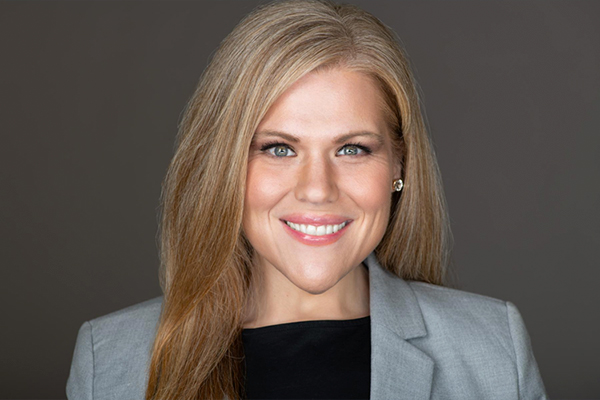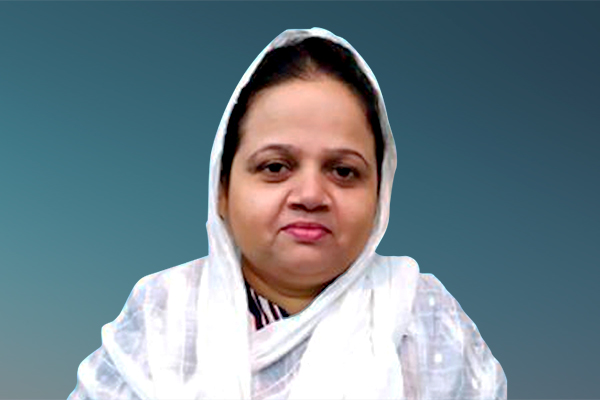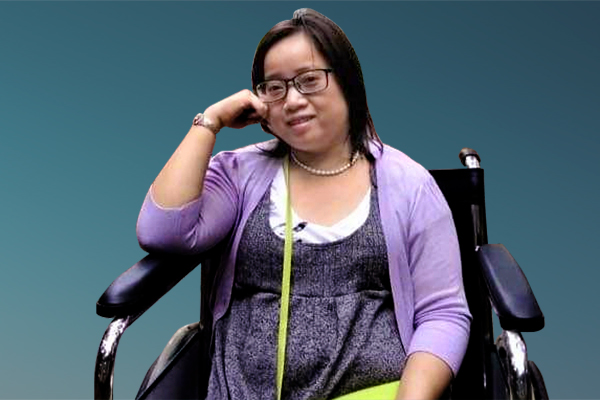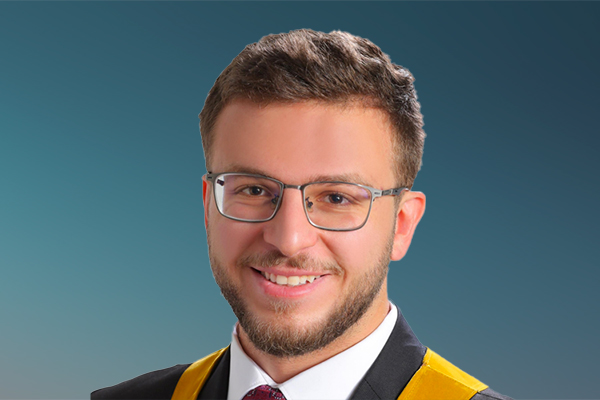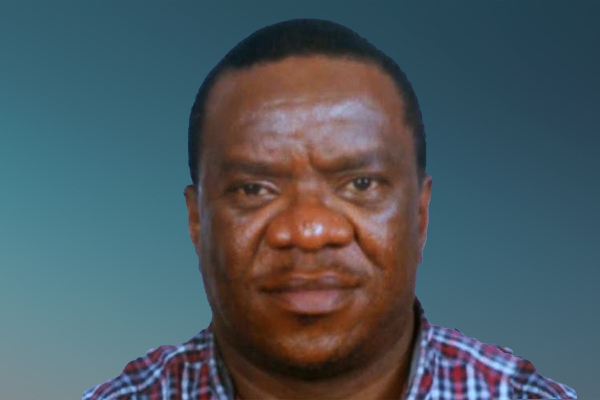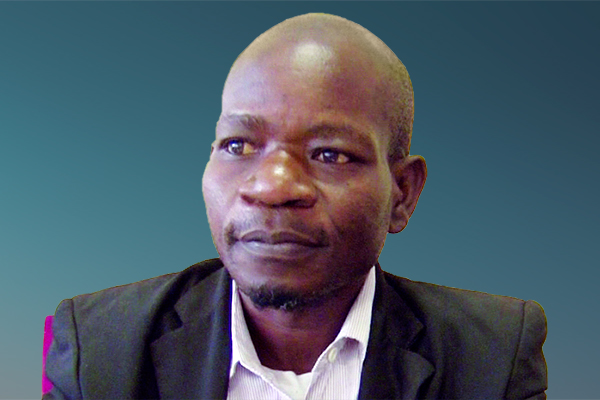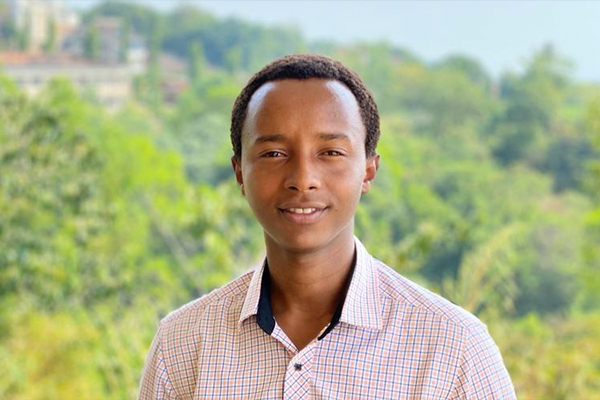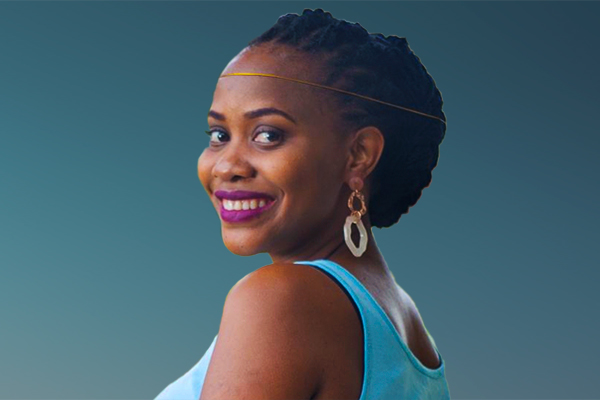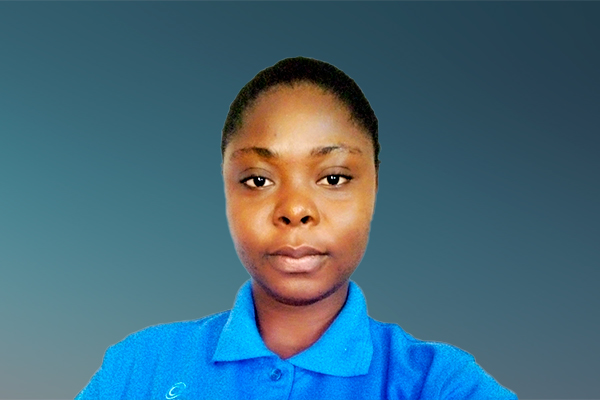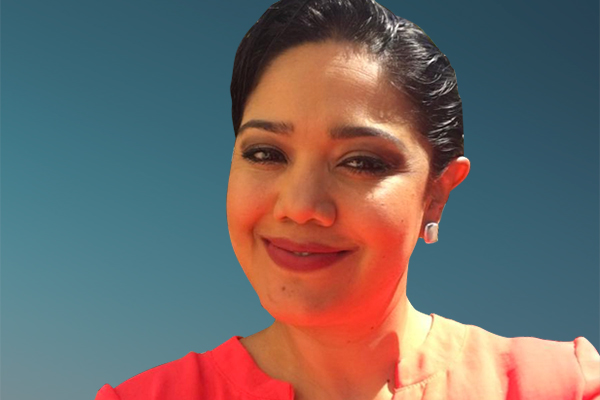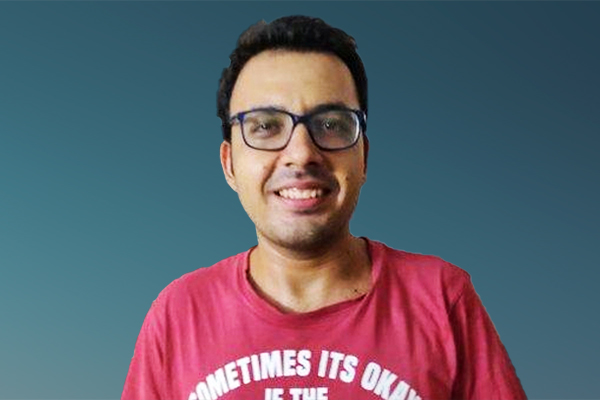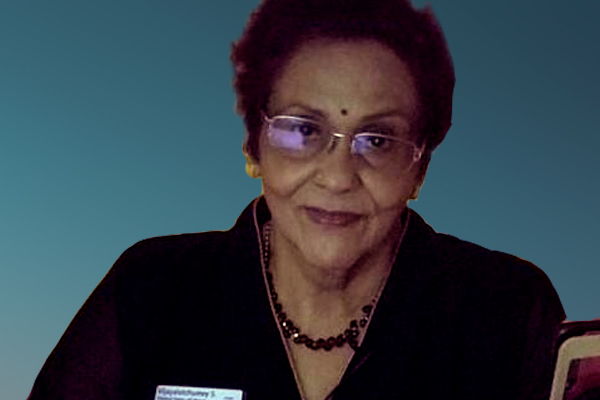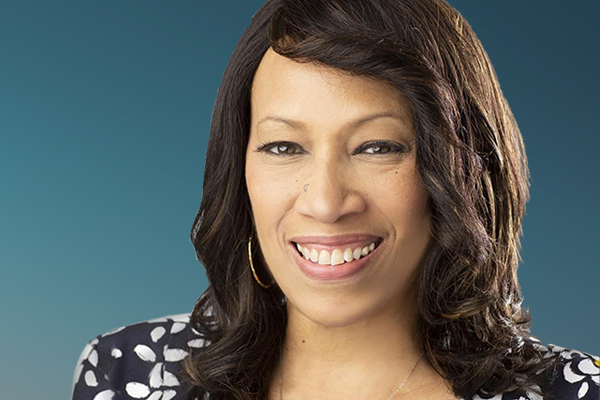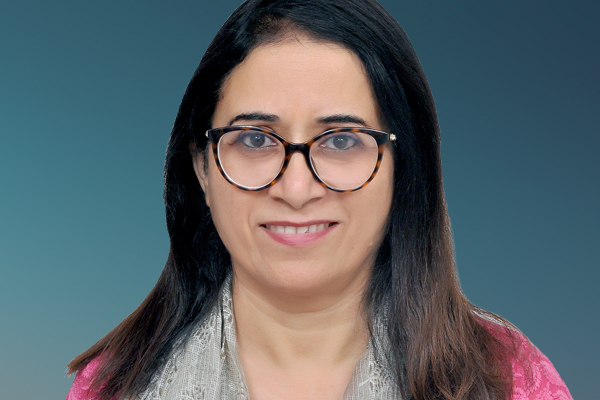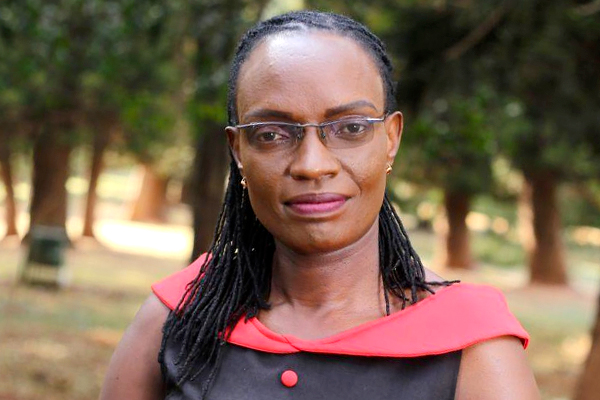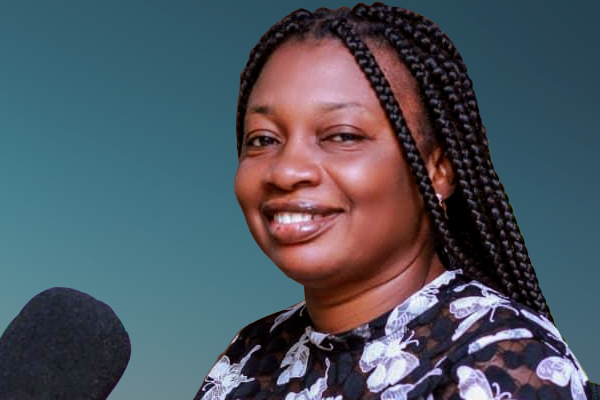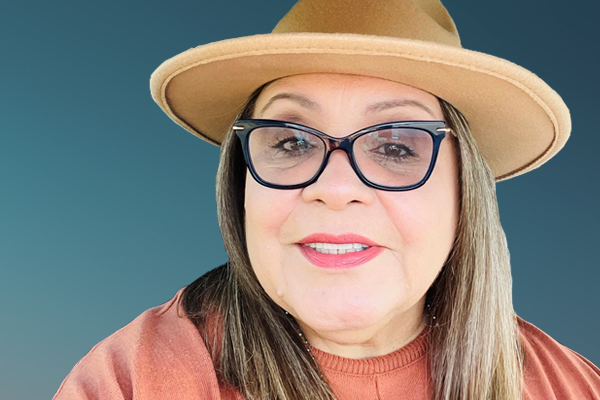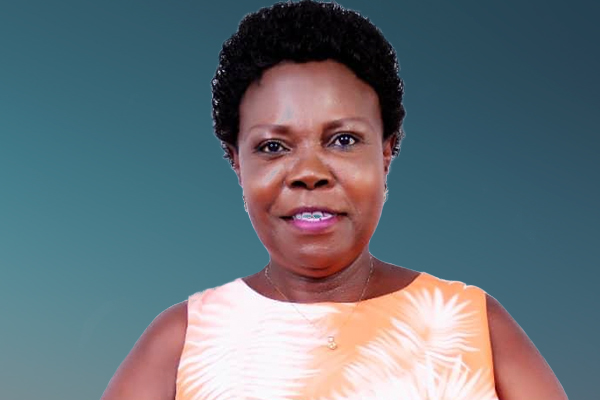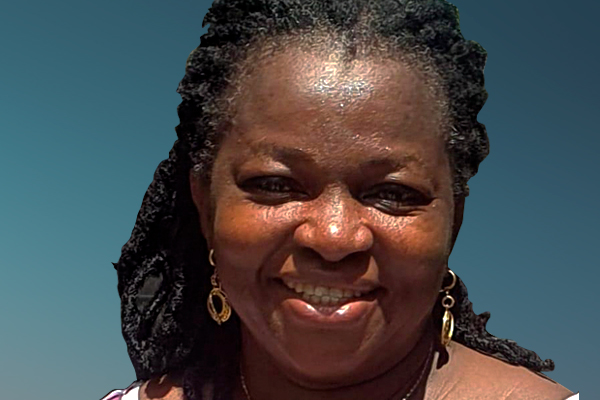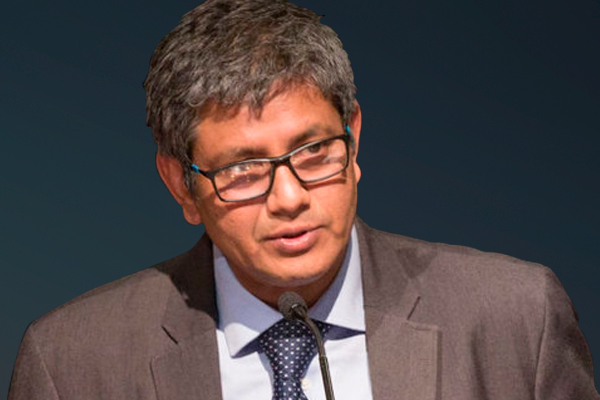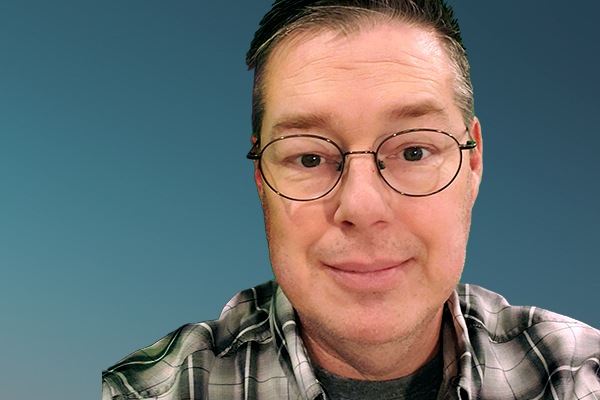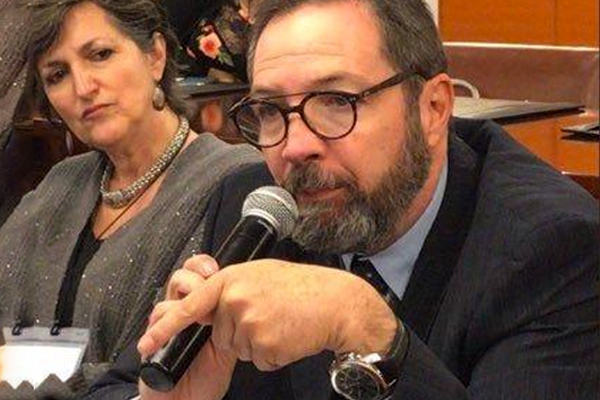Hi, my name is Ashla and I am from Kerala, India. I have been living with spinal cord injury for the last 10 years.
I'm sharing my story because I was inspired by many stories and those helped me get back to life.
27 May 2022
Welcome to my world
I grew up, happy and hopeful, in a village in Kerala, India. After completing my studies, I started working in the city, about 1000km from home.
Four years later, while travelling to work, I fell off a moving train. I was immobile when I regained consciousness in a hospital Intensive Care Unit (ICU). My spinal cord was injured at C5/6 level.
I was in hospital for one and a half months. My broken bones were fixed, but life changed completely. I was bed-bound; dependent on others for almost everything.
Weeks following my accident, my family and I didn’t know much about my prognosis. Doctors suggested physiotherapy and rehabilitation, which were only available outside of my village. I was in different hospitals for the next four years, accompanied by my mother. With regular physiotherapy, I learned to do things again, albeit in a different way.
Going back to live in my village was a nightmare. My world was confined to my room. There was no life or purpose in me. Why should I live and what should I live for?
I started searching for a place where I could get care and do productive work with my limited abilities. Friends suggested Pallium India, an NGO through which palliative care is provided and advocated for. I was accepted into the fold, and moved to their headquarters in Thiruvanantnapuram in 2014.
Soon, Pallium India became my home. The team listened, patiently and empathetically. My mother and I were treated as people; she was no longer a nameless ‘bystander’ but a valuable caregiver. Our wellbeing, quality of life and ownership over my health decisions became the focus; not my injury or disability. My medical needs were addressed on time, preventing secondary complications.
I had received excellent care for my broken bones and muscles in other hospitals too. What changed now were the small things that made a big difference, such as asking permission before undressing me for procedures, and explaining the procedure to me prior to inserting a needle or a catheter.
I also started work as executive assistant to Dr M.R. Rajagopal, Chairman of Pallium India, and learned more about palliative care, seeing the huge difference it made to the lives of people with life-limiting illnesses. Colleagues treated me with dignity, like one of them.
The impact my healthcare provider has had on my NCD journey is unbelievable; and nothing short of a fairy tale. I feel whole again, doing meaningful work, having a life purpose.
4 July 2022
Caregivers add life to days
Joining Pallium India in 2014 gave me my life back, and a whole community of caregivers and people living with NCDs to share it with. Patients with illness-related disabilities, whether physical, mental, emotional, social or psychological, receive palliative care from our organization, and are shown that it’s possible to live well despite any life‑limiting condition.
The first patient I met at Pallium India was paraplegic and admitted to our in‑patient ward for unrelieved pain. Our doctors, nurses, social workers and physiotherapists assessed her pain. They found that it was not just physical, but also emotional. As a mother, her suffering stemmed from her inability to take care of her family, and the burden she felt she was. She received pain medication and psychological support, as well as physiotherapy where she learned to move around using a wheelchair. She soon regained confidence and returned home to be with her young children. On her wheelchair, she was able to cook their favorite dishes and care for them once again. Eventually we found her a care home, and until her death, our team were there whenever she had health issues.
Another woman with type 1 diabetes was a single parent of a twelve‑year‑old boy, who was her caregiver and only family. She had a diabetic foot and was nearly blind. Despite taking medication, her sugar levels weren’t under control, and without income they were on the verge of starvation.
Fortunately, a community health center referred her to Pallium India. We got her a diabetologist, who adjusted her medicines to maintain her sugar levels, which saved her limb from amputation. She’s now able to walk with special footwear. We brought her to an eye hospital to receive surgery that allowed her to see her son after four years. With community support, she’s rented a house, where she lives with her son. He receives education support from Pallium India.
I also know of the struggles of a man living with psoriasis. His skin condition prevents him from regular work or a social life, and he’s been outcast from his family. Social exclusion is common for people living with NCDs in India, so we arrange regular outings and form peer support groups on social media. This helps them to feel comfortable interacting with people and the public.
Overall, Pallium India has raised awareness and greatly improved care for those who would otherwise have little place to turn, due to the scarce rehabilitation facilities and resources available for people living with disabilities in India.
21 July 2022
Engage, employ, integrate
Challenges faced by people living with different NCDs are diverse, and people living with certain conditions such as disabilities, chronic pain or psoriasis often don’t receive adequate attention or care.
Living with a disability isn’t easy in developing countries like India. Rehabilitation facilities are neither available nor affordable, meaning many are confined to four walls and often die from secondary complications like infections from pressure sores or urinary tract infections. Since public transport isn’t accessible, it’s often impossible to reach a healthcare facility on time. When there’s a person with some disability in a family, it’s not just that person who is suffering. The family members around that person also suffer in different ways.
People living with disabilities aren’t equally represented in NCD programs in many countries, limiting our access to available prevention and management schemes. Due to the sedentary lifestyle, people with disabilities are also prone to other NCDs like hypertension, diabetes, or obesity. This makes it all the more important to include people with disabilities the national NCD responses.
The 2018 Astana declaration on strengthening primary health systems for Universal Health Coverage (UHC) says that care should reach people “where they are, when they need it”. This means people living with any disability or other NCDs should get the care they need, where they need. From the work we do at Pallium India and other palliative care centers across Kerala, I have seen that palliative care acts as a bridge between primary health care and UHC.
As for other key challenges, specialized health services for NCDs aren’t easily available, and the supply of medicines is often interrupted. People living with NCDs, including those with disabilities, should also be included in the decisions of treatment and management of their conditions which seldom happens unless you have the courage and confidence to bring it up with your physician.
My calls for action:
- Meaningfully involve people with disabilities in the NCD response in India and globally, ensuring equal representation in discussions and decisions.
- Create interdisciplinary teams at the community healthcare level to prevent and manage NCDs, including trained staff to counsel and encourage people living with NCDs to live their lives to the fullest and not hide into private spaces.
- Create support groups for each NCD as despite many shared priorities, different types require specific needs and issues to be addressed.
- Establish rehab centers and home-based care for NCDs. This should include home-based palliative care for mobility-challenged people living with NCDs.
NCD Diaries
We all have a right to live with dignity and a responsibility to create an environment for others to live with dignity.
Ashla Rani MP, lived experience of spinal cord injury, India
About NCD DIARIES
The NCD Diaries use rich and immersive multimedia approaches to share lived experiences to drive change, using a public narrative framework.

